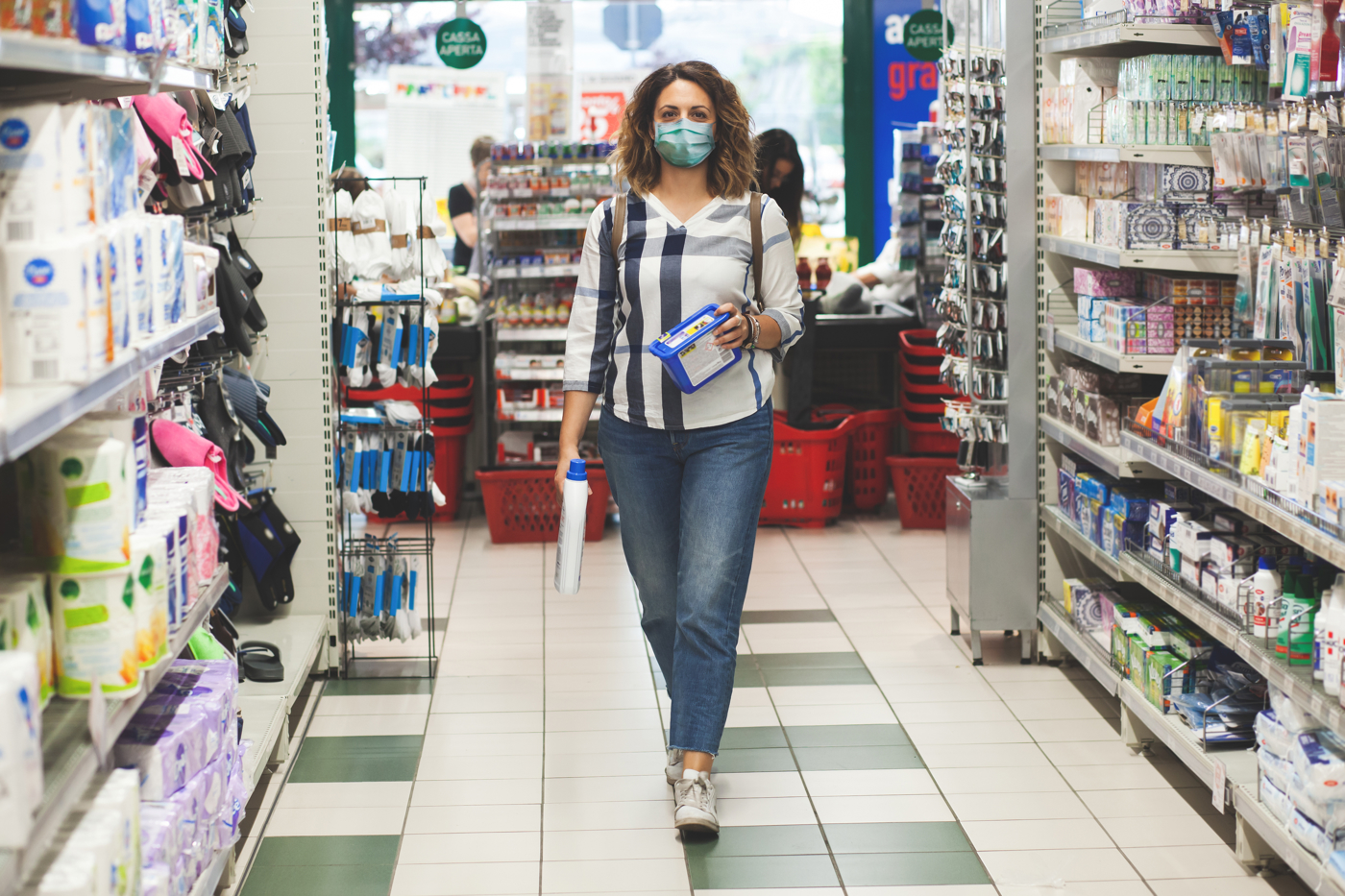
As we consider the changes taking place in society as a result of Coronavirus (COVID-19), one thing does not change. The need to consider best practice in safeguarding is as important now as it has ever been.
As churches consider a wide range of alternatives for maintaining contact with each other and providing the much-needed support to those who may be vulnerable and/or self-isolating within their communities, we must not forget that we need to do all these things safely. There is a huge opportunity for the Church to reach out to their communities at this time, but there are also risks. This is not a ‘tick box’ exercise, but one that may make all the difference between helping to keep people safe and unwittingly creating additional risk.
We exist to equip, empower and encourage the Church and others to create safer places for all, so we have a few suggestions to help you in these challenging and changing times:
Ensure your safeguarding coordinator or designated lead is included and involved in your church’s crisis planning. They will be able to help you think through the implications of any new activity and give recommendations for safer working. As with any new activity you are undertaking as a church, a risk-assessment should be completed, and proper thought needs to be given to the safeguarding implications. Keep your safeguarding lead informed of any changes to your planned activities.
Pastoral care within your congregation and the wider community should be done by those already trained and authorised to do so on behalf of the church. Although demand may be higher than usual, your team still needs to have been recruited safely, have an awareness of the signs of abuse to ensure the vulnerable are not put at unnecessary risk, and have sufficient oversight or support. Shopping on behalf of those who are self-isolating, especially when using their own money,can leave people at risk of financial abuse and may in some cases fall under Regulated Activity requiring checks to be obtained. See our Disclosure update for more information.
Ensure you keep records of what activity is being undertaken that is outside your usual remit and by whom. A simple log of who is visiting who, frequency of contact, and any issues that may arise will help you assess any potential risks. You may need to have someone coordinate this so that you can keep oversight of the activity that is being done and ensure the most vulnerable are being properly safeguarded. A single point of contact or short list of authorised contacts could be circulated with guidance on how to get in contact if help is needed.
Remember that self-isolation for some will put them at greater risk of abuse. Those in homes where domestic abuse is taking place, or families who are being supported by social services, or where there are those with disabilities and mental health challenges may now be at greater risk. Especially as their usual contact points where they may be seen by others and the signs of harm and abuse potentially spotted are reduced. Keeping in contact with those you know to be vulnerable or who you may have concerns about, even if it’s a regular phone call can help and reassure them that they are not alone. This should be undertaken by those with permission and authority to do so.
Ensure those that do not have adequate support networks are prioritised. Those living on their own or who have additional needs may need extra support. Self-neglect may be an issue as will the impact of loneliness as older people may feel isolated, especially if they have no means of accessing community or support online. They may need help with understanding the changing guidance and finding out how to access health care and medical appointments.
Include safeguarding as part of your plans to move services and contact online. Be mindful of the risks of abuse online especially for children and young people. Communicating one to one online, whether via messaging or video, is the equivalent of meeting someone in a room on your own with no one around, which is not something we recommend. Hold group chats where possible or have an authorised person in the room with you when making calls. This is to keep you safe as well as the people you are contacting. Be aware of age restrictions for certain apps, that admin rights for social media are correctly set-up and monitored, and that there is a plan in place to review these when things get back to normal. See our guidance for communicating and working with young people online produced n partnership with Youthscape for more support and advice on this.
Look after yourself and your team. Lone or home working can be a new and disorienting experience for some. Ensure your staff and volunteers have appropriate opportunity for support and time to debrief on their experiences. A regular catch-up call could be a good way to do this. A lone workers policy or code of conduct could be circulated including where to get support and lines of communication for reporting concerns.
If in doubt or you need additional support in considering these suggestions, please make contact with our Safeguarding helpline on 0303 003 1111 (option 2), which remains open at this time. Check out our FREE 15 min webinar on safeguarding vulnerable people during this pandemic.
